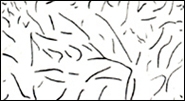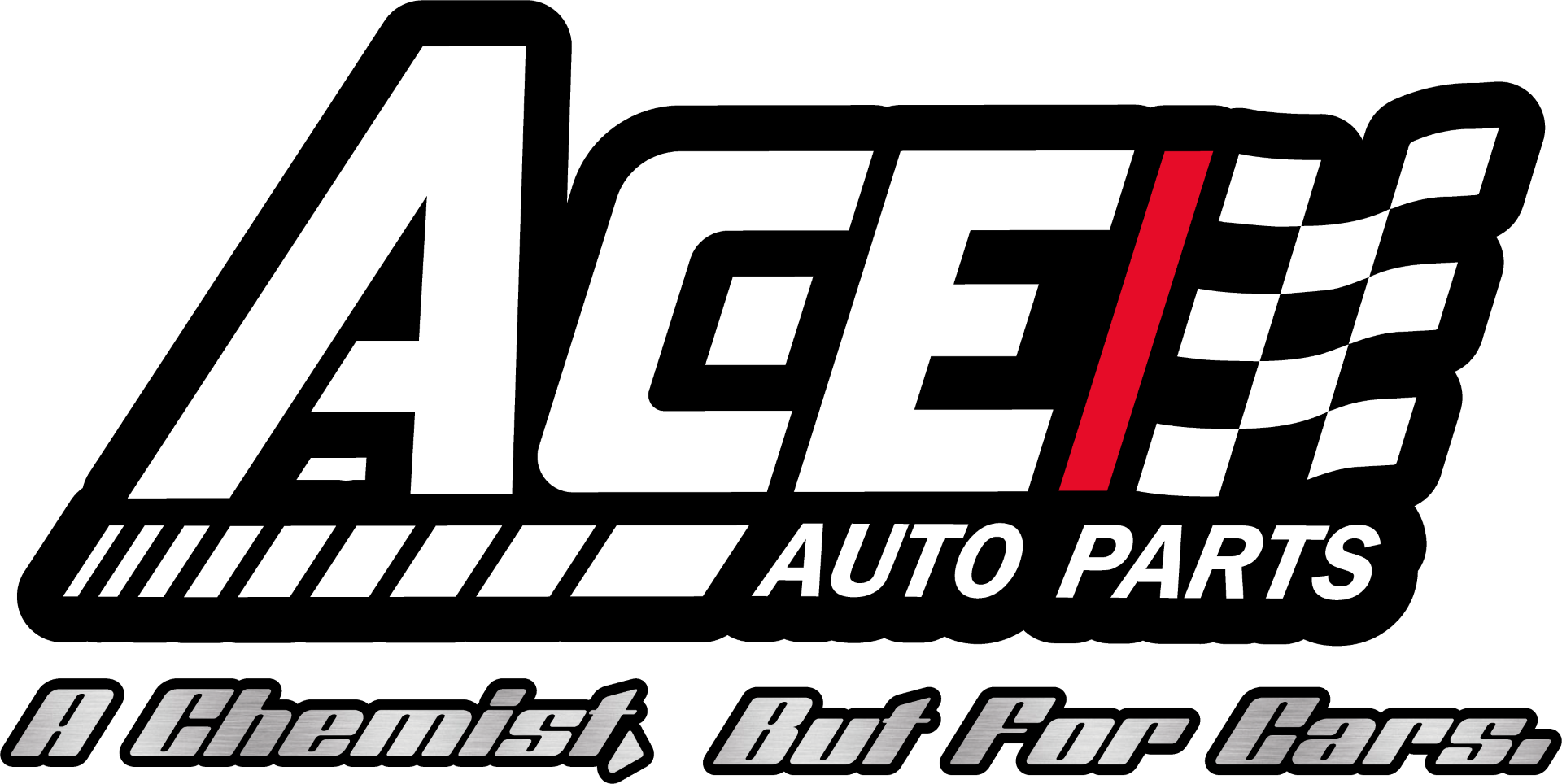JNBK Corporation (NIBK)| Ceramic Brake Pads & Rotors with ISO & SAE Certifications
Always striving to bring out the best in brakes, JNBK Corporation is a trusted leading manufacturer for top quality brakes with a wide range of products covering main applications for Japan, Europe & the Americas. From premium brake disks to branded brake pads, we supply the best braking products and accessories in Auckland and throughout NZ.
Being designed and manufactured under the strictest quality control of our latest Quality System and using a new line of our cutting-edge hi-tech friction materials, brake products will always contribute to the high quality standards and good reputation of the products of JNBK Corporation.
Materials and test reports
Rotors are usually made of gravy iron due to its superior heat handling and damping (vibration absorption) character.
The quality depends on a combination of Physical properties, Chemical composition and Inferior microstructure.
Physical properties
Specified by SAE J431 G3000 standard for the automotive brake rotor and drum includes:
- Hardness by Brinell: 187-241,
- Minimum tensile strength of 30,000 psi
Chemical composition G3000 grey iron:
- Carbon 3.10%-3.40%,
- Silicon 1.90%-2.30%,
- Manganese 0.60%-0.90%,
- Sulfur Max 0.15%,
- Phosphorus Max 0.15%,
Total Carbon equivalent of 3.9%-4.15
Inferior microstructure
Pearlitic microstructure = the graphite distribution and matrix structure of the cast iron.
This matrix should be predominantly pearlite, with not more than 5% ferrite and less than 1% cementite.
This matrix should be predominantly pearlite, with not more than 5% ferrite and less than 1% cementite.
CERTIFICATES & WARRANTY
NIBK products meet the requirements of ISO 9001, ISO 14001, AMECA, ECE-R90, Link Standard SAE J-661 Rated F&G, IATF 16949, SAE J2975.











